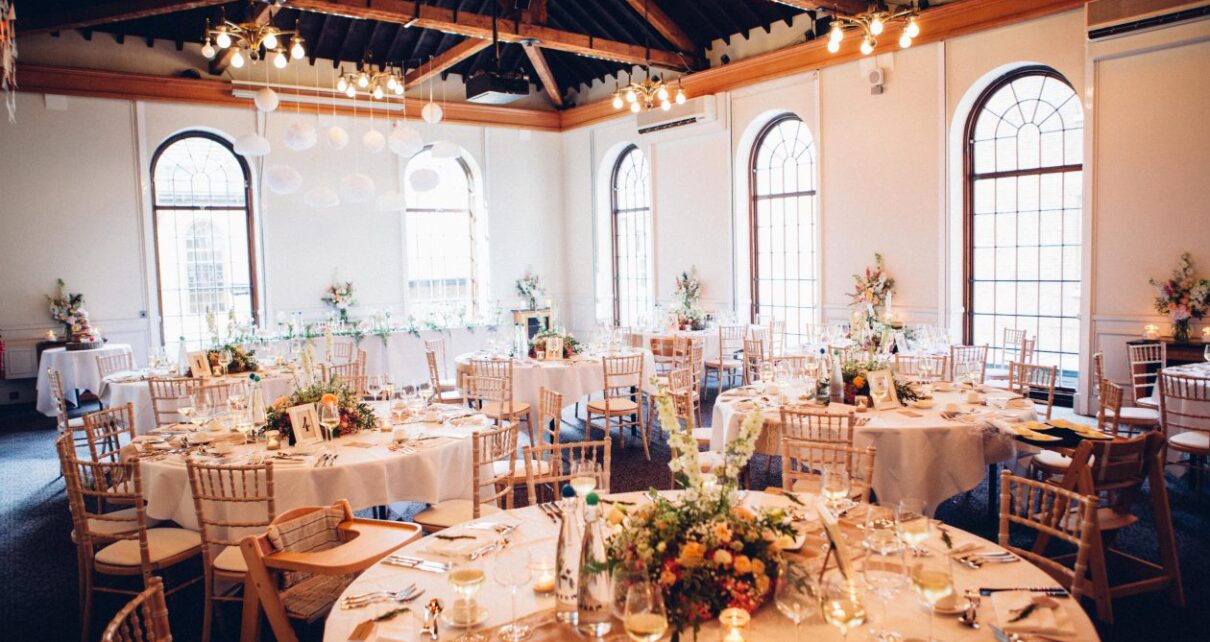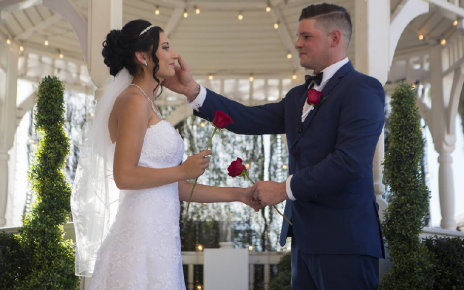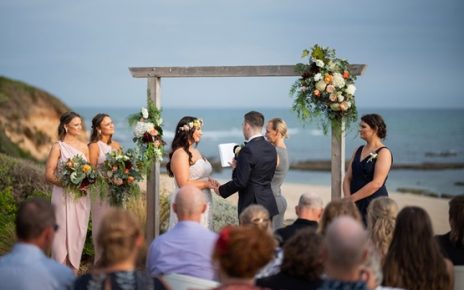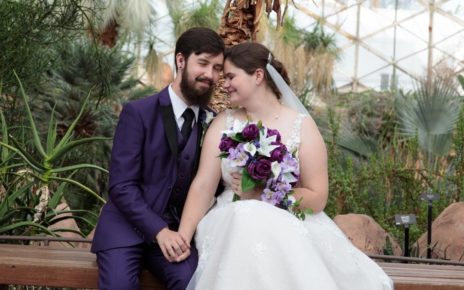Choosing a small wedding venue has several benefits. First, it allows for a more intimate setting, making guests feel like a part of the event. Smaller weddings also allow for smaller guest lists, meaning you can invite a limited number of close friends and family to celebrate your marriage. This will make the event more memorable and meaningful for you and your guests.
Less Stress
Small wedding venues often offer more flexibility. They can be booked at short notice and usually come with various accommodations. Some of these venues can even be transformed into more than one space to meet the needs of your guests. For example, if you and your partner like dining out, you can rent a private area of a favorite restaurant for your event. In addition, the decor and catering services may already be set up and locked in, so you won’t have to worry about finding a new place to host your big day.
Lastly, a small wedding venue offers a more intimate atmosphere. Rather than spending the entire day running around to greet your guests, you can spend more time with your family and close friends. A smaller wedding venue will give your special day a more personal tone, leading to a better memory for you and your guests.
Less Time Commitment
Choosing a small wedding venue like a small wedding venue New London NH is an excellent way to save time and money. You can work with a small staff, with less paperwork and time commitment. You can also focus on the details, like bringing the venue up to code and adding additional features. In addition, you can focus on your business plan and find a venue with the most potential.
Small wedding venues are also easier to transport to and from. For instance, you will not have to worry about navigating large parking lots, and you can choose a more secluded venue with a view of nature. This way, you can quickly move your wedding decor to the reception venue, saving time and money.
Less Money Spent on Project Materials
Building a private wedding venue is a costly venture. There are many disadvantages, including ineffective business practices and debt. Additionally, there are high fixed costs that make it difficult to overcome. While the positives of running a venue are plentiful, there is also a risk of failure. Luckily, there are plenty of ways to avoid this.
The first thing to remember is that a small venue is not necessarily cheaper to build than a larger one. You’ll need to consider the location, which affects costs and permits. For instance, a small venue is less likely to require zoning laws and local ordinances. Hence, less money will be spent on project materials.
Fewer People to Entertain
If you’re planning a small wedding, you may need more space for a huge reception or a wedding cake, but this doesn’t mean you have to cut corners on the details. You can still create a memorable event by incorporating small details, such as a welcome basket and photo op chairs.
You can also hire a coordinator or wedding planner to help you with the planning. Smaller weddings need more help on the ceremony day, but good venue staff can help you get everything done. There’s less room for wedding traditions, but you can be more flexible in choosing the number of attendants.
Cozier, More Relaxed Atmosphere
Small wedding venues can be an excellent choice if you want to keep the overall feel of your event relaxed and intimate. You can create cozy lounge areas for your guests and use fun pillows to add an extra comfort layer. You can also hang lightweight items on invisible fishing lines. Smaller wedding venues can also have higher ceilings, so you can take advantage of this by arranging tall centerpieces.
Cheaper
When planning a wedding, it’s tempting to splurge on a big venue, but smaller wedding venues can also save you money. For instance, you can rent a community hall or an outdoor park to host the ceremony and reception for free. You can also save money on the catering bill by having fewer tables and chairs. Smaller wedding venues can also be less expensive than private wedding venues. However, be sure to do your research before making a final decision.





